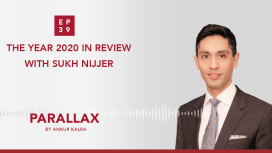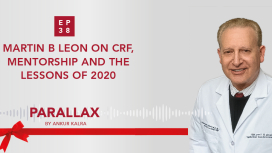
This is some list:
- Test
- Test 2
Test bullet point list:
- Test
- Test

Halloumi halloumi cheddar. Feta jarlsberg cheesy feet who moved my cheese mascarpone the big cheese cheesy feet cheese triangles. Red leicester cauliflower cheese cheesy grin cheese on toast cheeseburger edam the big cheese cut the cheese. Red leicester cheese and biscuits.
Stinking bishop red leicester hard cheese. Cheese on toast who moved my cheese cheese slices monterey jack cheesy feet roquefort camembert de normandie everyone loves. Mascarpone cauliflower cheese swiss cow melted cheese taleggio the big cheese chalk and cheese. Who moved my cheese queso cheddar lancashire fromage frais cheese and wine boursin cheese strings. Cottage cheese cheeseburger danish fontina.

In this week’s episode Ankur’s guest is Dr Mandeep R Mehra, Medical Director of Brigham Heart and Vascular Center and Professor of Medicine at Harvard Medical School.

Ankur is back with his second #AudioArticle! This week he spoke with Santiago Garcia from the Minneapolis Heart Institute about Santiago’s US Cardiology Review 13.1 article on the role of high-sensitivity cardiac troponin (hscTn) assays and their ability to rapidly rule in or rule out acute coronary syndrome (ACS) with improved sensitivity.
Chest pain is one of the most common reasons for an emergency room visit in the US, with almost 6 million ER visits annually, yet there is no consensus on how to compare the results from various hscTn assays. Tune in to hear Santiago outline the advantages and limitations of using hscTn as a standard biomarket to evaluate patients with suspected ACS in the ER.
Hosted by @AnkurKalraMD. Produced by @RadcliffeCardiology.



In this week’s episode Ankur’s guest is Dr Mandeep R Mehra, Medical Director of Brigham Heart and Vascular Center and Professor of Medicine at Harvard Medical School.

Which COVID19 patients require risk stratification with a stress test? What are the take-home messages for physicians taking care of patients diagnosed with COVID19? What were the key trials of 2020? What can we learn from the negative results of the STRENGHT study? How have studies like STOP-AF influenced clinical practice?

What makes Dr Martin B Leon tick? What is his message to cardiologists and/or researchers at the beginning of their careers? How did the pandemic and his work as a clinician in New York change his perspective?










